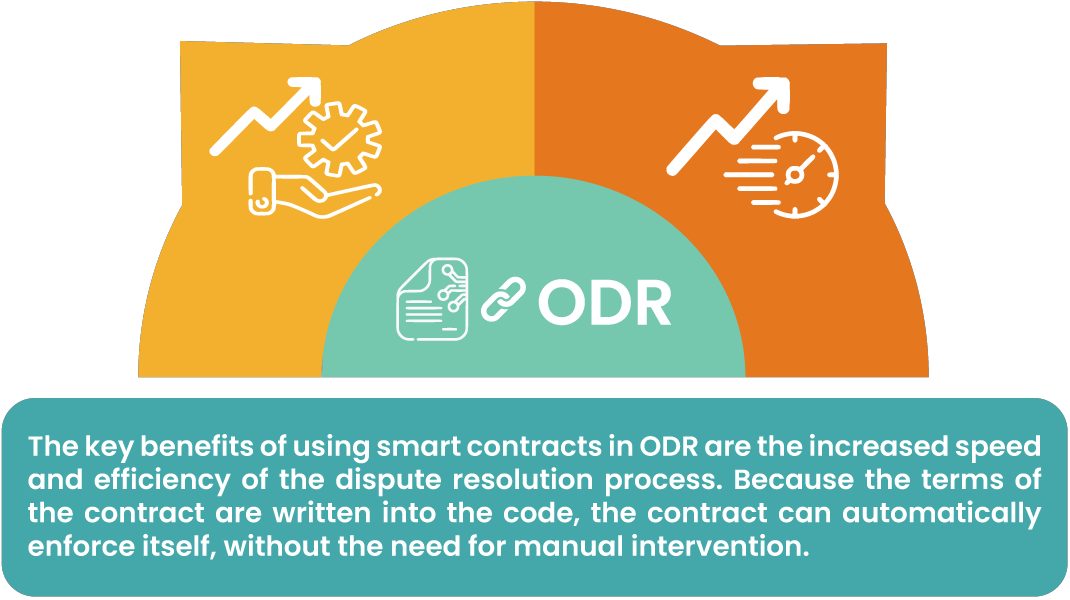CCCam HD Insights
Stay updated with the latest in streaming and tech.
Fairness in Smart Contracts: A Balancing Act on the Blockchain
Discover how fairness in smart contracts creates balance on the blockchain and the implications for trust and security in the digital age!
Understanding Fairness in Smart Contracts: Key Principles and Challenges
Understanding Fairness in Smart Contracts is crucial for the development of decentralized applications. Fairness in this context refers to the principles that ensure all parties involved in a contract are treated equitably. Key principles include transparency, which allows parties to see the terms and conditions clearly, and immutability, ensuring that once a contract is executed, the terms cannot be altered. Achieving fairness can mitigate conflicts and promote trust among users, which is vital as adoption of blockchain technology continues to grow.
However, despite these principles, there are significant challenges that must be addressed. One major challenge is the difficulty of interpreting intentions since smart contracts execute code without context. Additionally, disparities in technical knowledge among users can lead to unequal understanding and execution of contracts. Furthermore, the inflexibility of smart contracts can result in unforeseen circumstances that affect fairness, hence necessitating continuous dialogue among developers, users, and regulators to ensure fair practices in this evolving landscape.

Counter-Strike is a popular tactical first-person shooter game that pits teams of terrorists against counter-terrorists in various mission scenarios. Players can choose to engage in competitive matches or enjoy casual gameplay, making it a versatile option for gamers. For those looking to enhance their gaming experience, consider checking out the bc.game promo code for exclusive offers.
How Smart Contracts Achieve Fairness: An In-depth Analysis
Smart contracts represent a revolutionary approach to achieving fairness within digital transactions by leveraging blockchain technology. Unlike traditional contracts that rely on intermediaries, smart contracts are self-executing agreements coded on blockchain platforms. This technology ensures that once the predetermined conditions are met, the contract automatically executes without human intervention, thus minimizing the risk of fraud or manipulation. The transparency inherent in these contracts allows all parties involved to access the same information, fostering a sense of trust and accountability. As a result, smart contracts inherently support fairness by eliminating biases that may arise in traditional contract execution.
Moreover, the decentralization of smart contracts enhances equality among participants. In a typical centralized system, a single entity may control the execution of contracts, potentially leading to unfair practices. However, in a decentralized environment, smart contracts are managed by a network of nodes that uphold the integrity of the agreements. This collective validation process not only reduces the chances of biased decision-making but also democratizes access to contract execution, allowing anyone to participate regardless of their status. Ultimately, by promoting transparency and decentralization, smart contracts stand as a testament to the principles of fairness in digital transactions.
What Makes a Smart Contract Fair? Exploring Ethical and Technical Considerations
Smart contracts, by their nature, aim to automate and enforce agreements on a blockchain without the need for intermediaries. However, fairness in smart contracts extends beyond mere execution; it encompasses a variety of ethical and technical considerations. Firstly, the contract code must be transparent and easily auditable, allowing all parties to understand the terms and conditions being set. This transparency fosters trust and ensures that all stakeholders can verify the fairness of the process. Moreover, ethical considerations such as inclusivity and accessibility must be prioritized to ensure that all individuals have equal opportunity to participate, thereby minimizing potential biases inherent in coded agreements.
From a technical perspective, the robustness of the code itself plays a crucial role in determining the fairness of a smart contract. Bug-free and thorough testing is essential to prevent exploits that could skew the intended benefits. Additionally, the use of upgradable contracts provides a mechanism to correct errors or adapt to new circumstances without sacrificing the ethical standards originally intended. Moreover, incorporating mechanisms for conflict resolution within the smart contract can enhance fairness by providing a structured approach for addressing disputes, ensuring that all participants have a voice in the process.